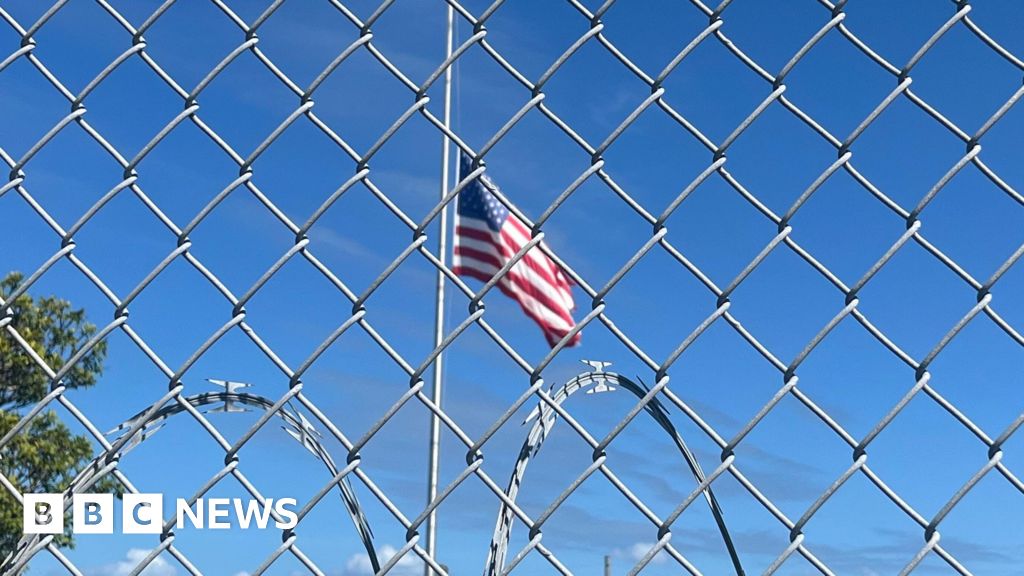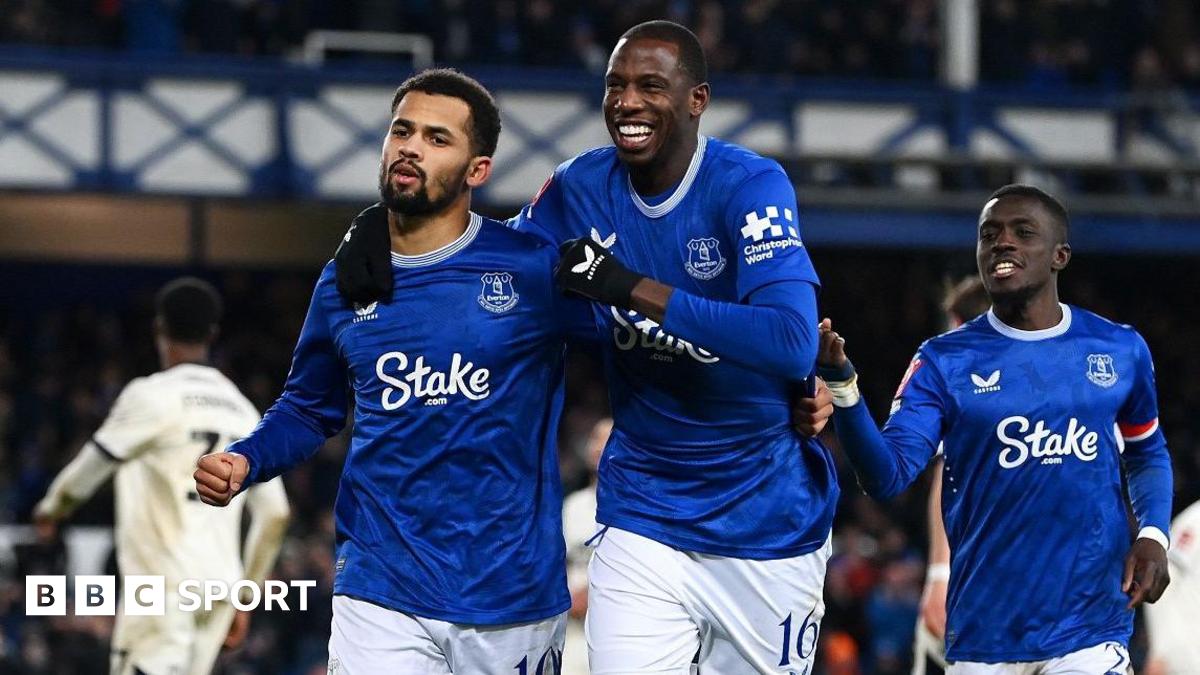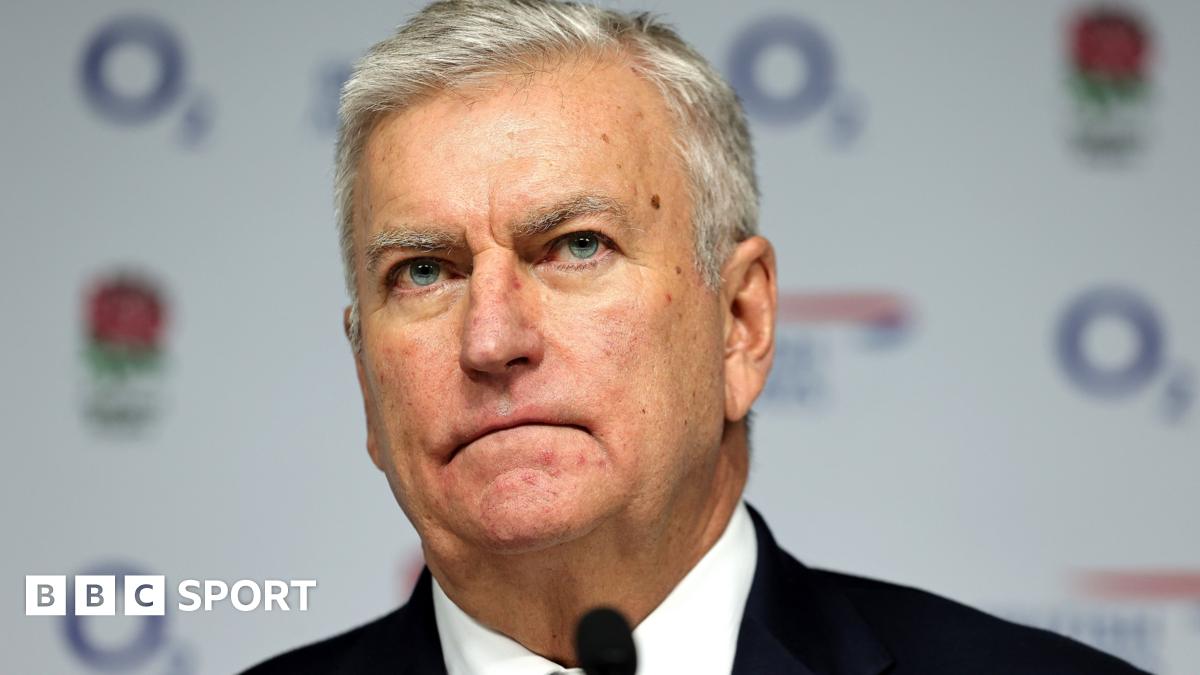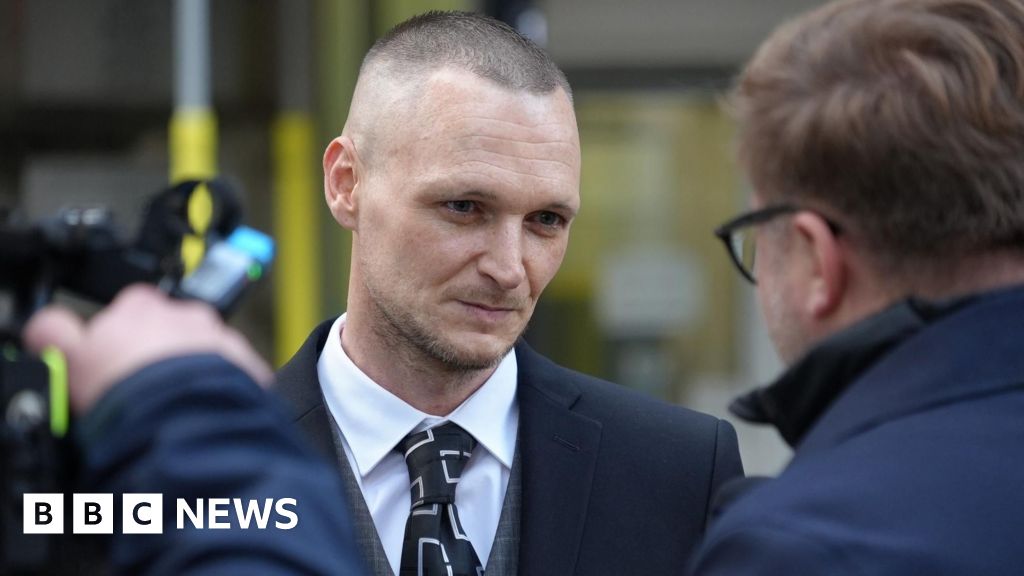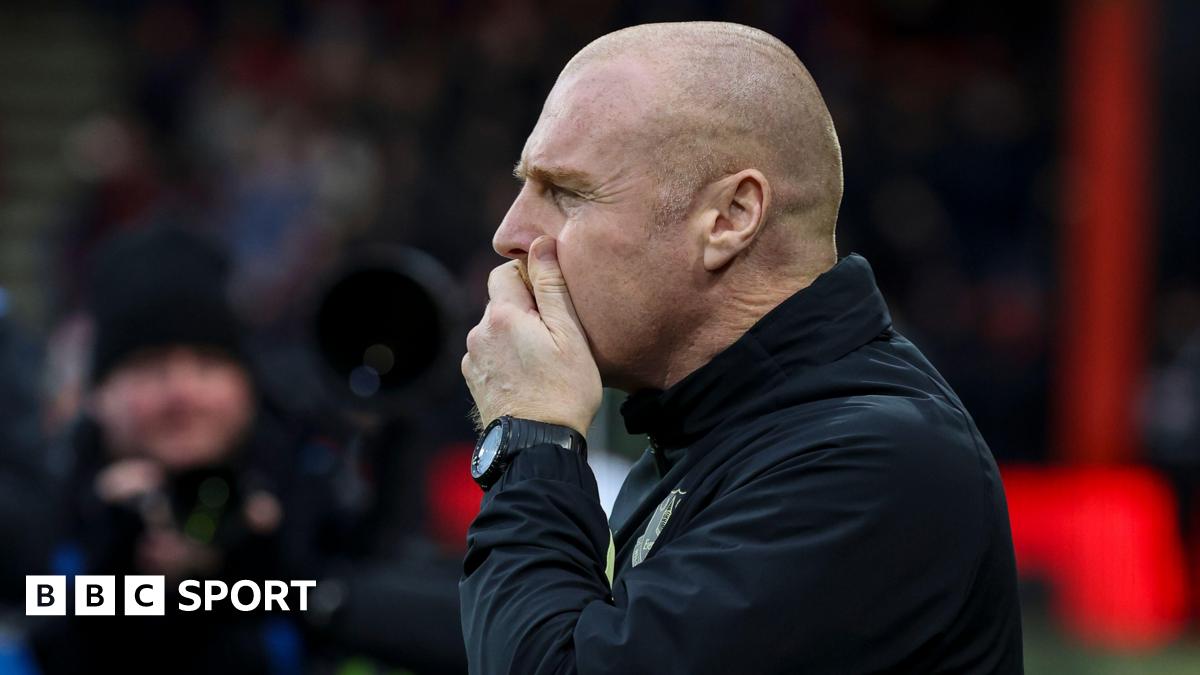"I think in many ways it probably saved my life," says Alex George, of the antidepressant medication he started taking following his younger brother's suicide in 2020. "I think it's important for people to understand that sometimes, you've got to do what you've got to do to get through."
George, or "Dr Alex" as he is best known, is the medic who enjoyed an unlikely rise to fame on Love Island in 2018. Since then, he has used his considerable platform - almost two million followers on Instagram alone - to become a campaigner for mental health awareness and education.
More than simply carrying the messaging to "be kind", the 33-year-old has shared candidly the highs lows of his own struggles, from burnout working as an A&E doctor in London during the pandemic, to giving up alcohol and struggles with body image, to the tragedy of his teenage brother Llyr's death in the summer of 2020.
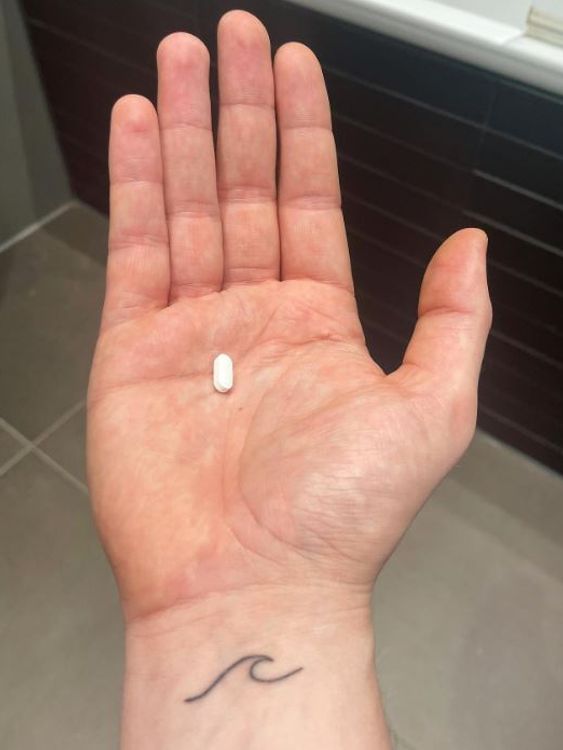
In November 2021, he shared a picture of a small white pill in his open palm and revealed he was taking medication for anxiety, having put it off "for years" due to the stigma surrounding it. It was the start of his #postyourpill movement, reminding others there is no shame in seeking help, in whatever form that comes.
It took him a long time to work up the courage to make it public, he says, but ultimately he knew it could do some good. Mental health awareness and therapy might be part of the conversation nowadays in a way they weren't 20 years ago, but the nitty gritty of medication is not discussed openly to the same extent.
Now, he is releasing The Dreaded Pill, a spoken word track that is once again aimed at breaking the stigma surrounding medication for mental health conditions.
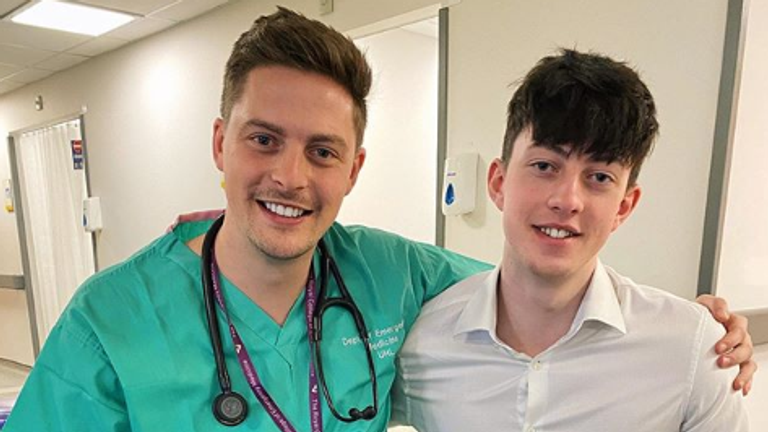
'Writing this was very painful'
He feels excited but a little vulnerable about it, describing it as "one of the scariest things I've ever done on a list of quite a few scary things" - Love Island presumably one of them - "because it's so far out of my comfort zone". But he grew up playing guitar, loves spoken word, and knows the power music can have; one of his favourite songs, Keep Your Head Up, by Ben Howard, is the track that has helped him through difficult times himself.
Before telling me how The Dreaded Pill came about, he wants to know what I think. "Be honest."
George's lyrics feel real and raw, is the honest answer. It's the kind of thing that in the wrong hands might have been difficult to pull off, but you feel the sincerity, the pain, the hope behind every word.
"It couldn't have been any more from the heart," he says. "I was going through a lot last year because I was really trying to heal from a lot of things, from losing my brother through working the pandemic, just loads of crazy stuff that has happened in my life. Healing is often about ripping the Band-Aid off and facing the wound. I think writing at that time, although it was very painful, it was a good time to do it. I cried my eyes out, writing it."
Instagram This content is provided by Instagram, which may be using cookies and other technologies. To show you this content, we need your permission to use cookies. You can use the buttons below to amend your preferences to enable Instagram cookies or to allow those cookies just once. You can change your settings at any time via the Privacy Options. Unfortunately we have been unable to verify if you have consented to Instagram cookies. To view this content you can use the button below to allow Instagram cookies for this session only.
We're chatting on Zoom and are joined by his dog, Rolo the cavapoo, about 10 minutes in. Rolo likes to sit on his lap when he has meetings, he says, but watches on quietly, a good boy. George also has family dogs Lollipop and Paddington. "They're a form of therapy, dogs, aren't they?" he says as Rolo settles in.
During the pandemic, George was the doctor who brought the nation accessible and reassuring advice directly from the frontline, as well as the truth about the difficulties medics were facing.
In February 2021, six months after his brother's death and shortly after sharing a plea for better mental health provisions on social media, he was announced by then prime minister Boris Johnson as the government's mental health youth ambassador.
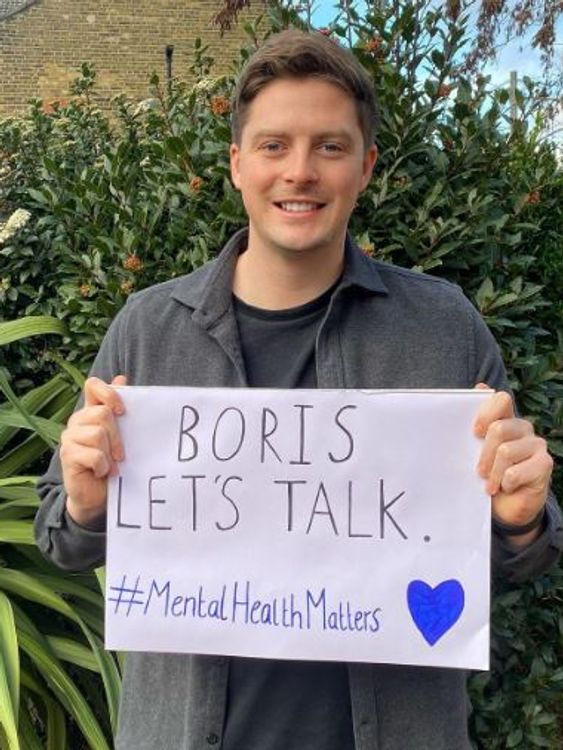
'I was in a very difficult place'
Since taking up the voluntary role, he has published two adults books and two children's book on mental health, co-founded the men's mental fitness app Mettle with Bear Grylls, and launched the Stompcast podcast, which promotes the importance of walking in nature for mental and physical wellbeing.
So naturally, he got into the headspace for writing his lyrics by recording voice notes while walking around Battersea Park. Decca, the label through which he is releasing the track, put him in contact with Australian musician Luke Howard to compose the piano melody.
"I don't know whether 10 people will listen to it and hopefully it resonates with five of those people, they go away with a belief they can survive difficult things... and that's great," George says. "Or, whether 50,000 people will listen to it, I have no idea. But to me, it's been an amazing thing to do because I genuinely did find it hugely cathartic."
George himself started taking sertraline about six months after Llyr's death, and came off it in 2023. Medication isn't the answer for everyone, he acknowledges, but it certainly was for him at that time.
"I was just in a very, very difficult place. I took sertraline for, I guess, a combination of anxiety and depression, prolonged grief. And the medication definitely helped me get through. Coming off it was important for me as well, to kind of know I was in a place that I could face things, I could work through it... but I would take medication again if I needed to, there's no question about that."
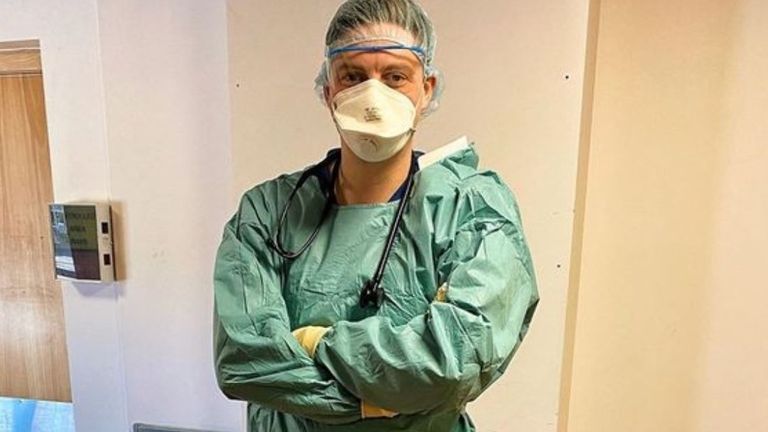
'I think about how many lives have been saved'
Llyr, whose name is tattooed on his wrist, would have turned 23 on 19 February. "It's hard sometimes to fathom it," George says. "It's not something you'd ever wish on your worst enemy, to have that in your family, because there's nothing quite like bereavement by suicide. But grief is an energy, like anger, like happiness, like all these different things, and you've got to channel it and use it.
"If you allow it, grief can easily destroy you... but if you can find a way to channel that and do something positive, then it's a very powerful force."
George looks for the positives. He cites the £80m of funding confirmed for support for children and young people just a month after he took up his ambassador role, as well as the government's announcement last year of almost £5m for "early support hubs", a campaign he has played an instrumental part in.
This all came through his campaigning following Llyr's death, he says. "Obviously you'd do anything to have him back. But equally, I think about how many lives have been saved... it doesn't make it okay, but it certainly makes you think, at least there is some good that has come from a difficult thing. I find that does help.
"But your life does change forever. There's always a 'before' and 'after'. It doesn't mean I don't see the beauty in life and I can't enjoy life, but I do go through very difficult times, still. I think what's happened is part of me."
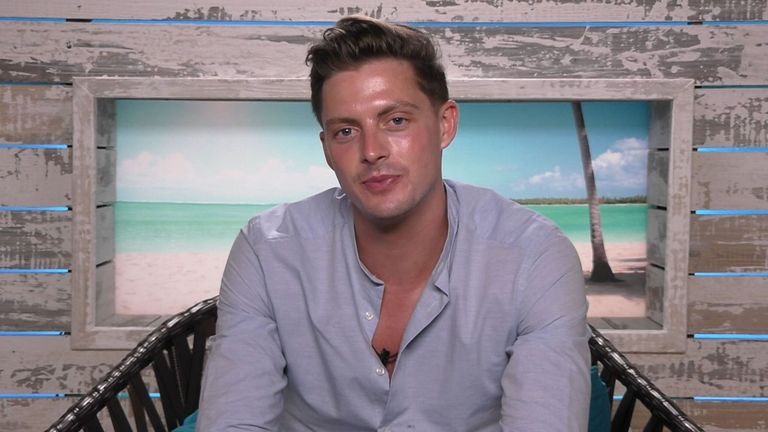
'I don't want stigma to be the reason that stops you'
George doesn't want people to see The Dreaded Pill and #postapill as a pro-medication campaign, but as an anti-stigma campaign. "It's a big difference. It's not about saying medication is the answer - for some people it might be, for a lot of people it might not be. It's about the reason that you don't access something, whether that's therapy or medication... if you don't take medication, that's absolutely fine. But I don't want stigma to be the reason that stops you."
He describes the statistics surrounding mental illness in young people as "frightening"; NHS data for 2023 found that about one in five children and young people aged eight to 25 had a probable mental disorder.
Read more:
Inside 'mental health bank' helping children in 'crisis'
Student mental health problems 'almost tripled in recent years'
These young people need support now, he says, but the work also needs to be done, the investment put in, "to change the landscape moving forward". George visits schools across the country to talk about mental health and says he can see the cultural shift is happening, bit by bit.
"I've been to the poorest schools in the country, the absolute wealthiest private schools you could ever imagine. The difficulties they face are different. But the thing I am seeing - if I compare it to when I went to school, the amount that's done now compared to then is huge, both in terms of emotional literacy support and attitudes towards mental health.
"I remember being 18 years old applying to med school and if you'd asked me what depression was, I don't think I would have known. I would have just said sadness or something. I certainly didn't know what anxiety was."
Now, he meets children who "are more emotionally literate at eight years old than I was at 18 years old". That encourages him. "I think what we do have to do now is make sure we don't rest on our laurels, like we're catching up some 30, 40 years of being behind."
As for A&E, George says he can't see himself returning, but never say never. His work in the mental health field simply got to a point where he couldn't do both. "After the pandemic, I was like, I could help eight, maybe 10 people a day in hospital," he says. His campaigning, on the other hand, can reach thousands.
"For some of the early support hubs, when we realise the national roll-out, that's going to be serving 500,000 to 600,000 children - in my whole lifetime of medical practice, I wouldn't treat that many patients."
For now, he hopes to reach as many people as possible with The Dreaded Pill. If it helps one person make a change or decide "not to go down a certain path", that makes it worth it, he says. "One life saved has got to be worthwhile, hasn't it?"
The Dreaded Pill, by Dr Alex George and Luke Howard, is out now through Decca. Anyone feeling emotionally distressed or suicidal can call Samaritans for help on 116 123 or email jo@samaritans.org in the UK. In the US, call the Samaritans branch in your area or 1 (800) 273-TALK
 (1).png)
